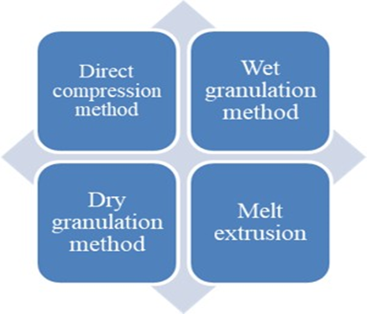Abstract
Solid oral dosage forms are most suitable dosage forms; preferably tablets are widely accepted by people of different age groups. Mini tablets are tablets with a diameter equal to or smaller than 2–3 mm. Mini tablets are multiple unit dosage forms and are advantageous than pellets or any other oral dosage forms as they are easy to manufacture and stability problems are less. Many types of mini tablets are there like bio adhesive mini tablets, pH responsive mini tablets, gastro retentive mini tablets, paediatric mini tablets, oral disintegrating mini tablets. Current ODT developments meet multiple pharmaceutical and patient needs, including better life-cycle management to easy treatment for paediatric, geriatric and psychiatric dysphagic patients. Orally disintegrating dosage forms are X suitable for patients, especially who find it inconvenient to swallow traditional tablets and capsules with an 8-oz glass of water for one reason or another. These essentially reduce the variation between subjects. Mini tablets which disintegrate orally can be evaluated by testing for dissolution, disintegrating testing and hardness. The need for non-invasive delivery systems continues due to the poor acceptance and enforcement by patients of current delivery schemes, limited market space for drug companies and product usage, coupled with high disease management costs. The review emphasizes on advantages of mini tablets, types, methods of manufacturing and modes of administration and evaluation of mini tablets.
Full text article
Authors

This work is licensed under a Creative Commons Attribution-NonCommercial-NoDerivatives 4.0 International License.

